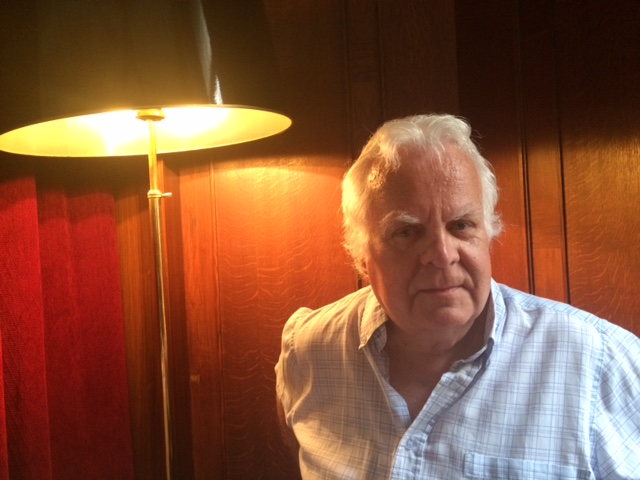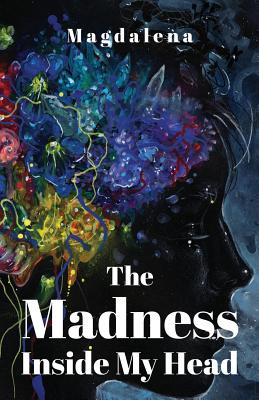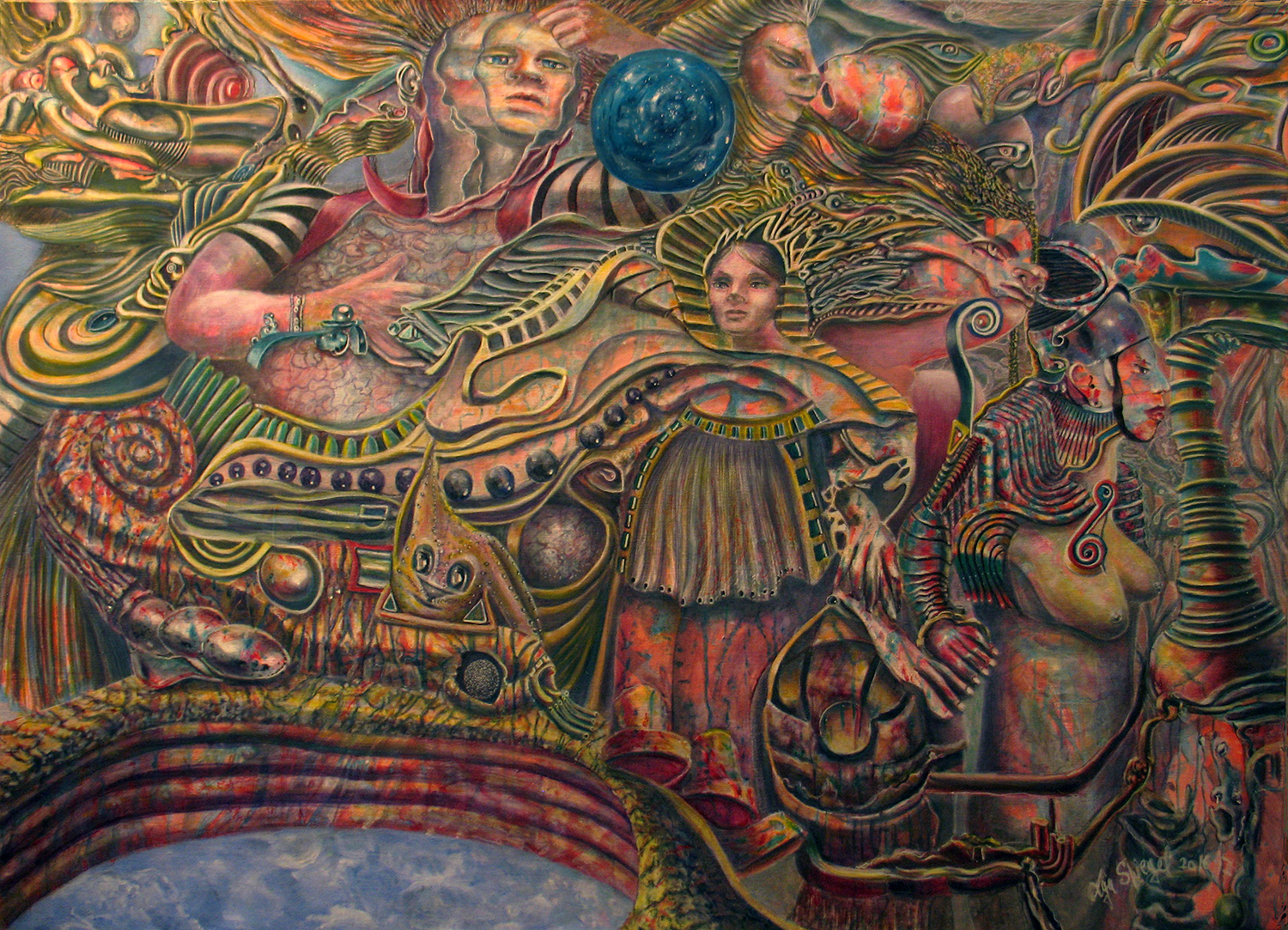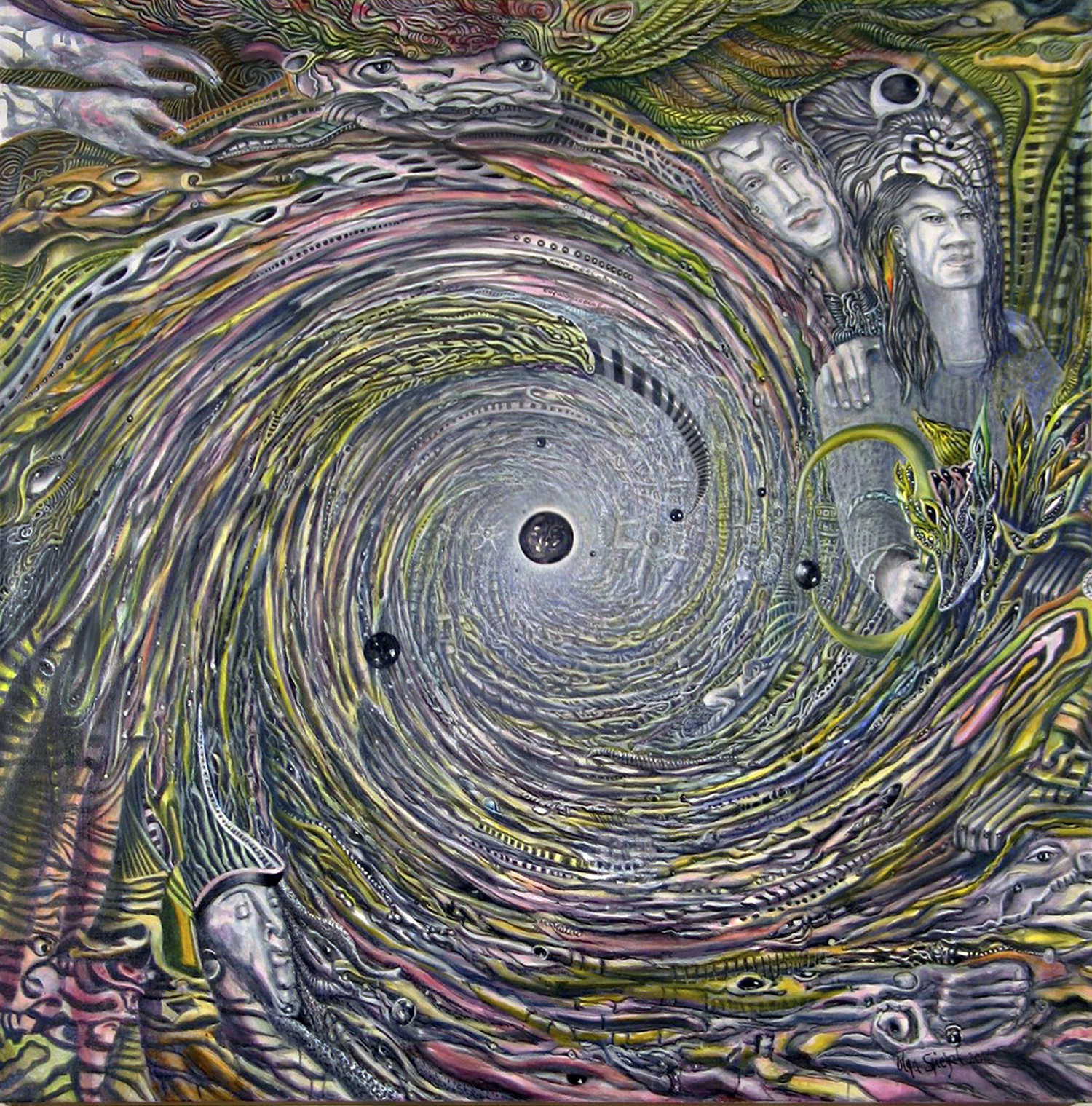the movie ticket cashier has a window
into the deepest fears resting in my soul
the movie ticket cashier
sells me a senior citizen ticket
at the age of forty-four
this chipper grim reaper
senses the stench of death on me
and all it’s worth to him
is his cheap smile
and a six-dollar discount.
the bather
he flushes the toilet
in the public men’s room
more than a dozen times
he’s usually in there
a good forty minutes
there is generally a line by then
an angry-faced mob of men
checking their watches
and doing their pee-pee dance
when he finally comes out
his long hair is slicked back
and the beard is gleaming
a layer of new york city dirt
is gone from his chapped face
the crowd parts for him like the red sea
they let him walk back out
into the glare of the sun and the street
before turning back to each other
like red-faced idiots
with no clue
who was supposed
to get to use the restroom next.
the bottle collectors
the bottle collectors
are outside my window
riffling through the garbage
as i sit in this chair with a hangover
they rattle their treasures unmercifully
they’re loud enough to wake the dead
i think of all of the years of drinking
all of the bottles and cans that i emptied
and threw away like they were nothing
hangovers that have become
a goldmine for someone else
then i fart loudly into the void
and stumble off
to get my broke ass
ready for work.
from near the verrazzano-narrows bridge,
jogging, a complaint about the weather, etc.
i’m still doing this, why?
dragging myself out of the door at seven in the morning
to face the calamity of cars
and high school students
and parents and wailing babies
smiling, waxen fellow joggers who feel compelled to wave
and dogs who’d rip me apart like captured carrion
should i stumble before their wooly, jagged muzzles
what should i think?
that vanity must be the last refuge of a scoundrel
i feel scandalous
in an ill-fitting t-shirt
my booze belly hanging over ill-fitting shorts
sweat pouring off of me
sore knees and sore shoulder
dying unnaturally in the unnatural heat of april
for that matter
where has the spring gone?
it comes for a week now
spreads its allergic seeds
and then the summer chases it out of the house
as if it were a philandering prick
even the tulips bend under the burden of the sun
and the verrazzano-narrows bridge
looks molten in the blood-red haze
like it too wants
to give up the game
collapse into the cold belly of the atlantic ocean
and drift away as if a dried leaf
leftover from an autumn
that last winter was unable to swallow.
thinking about mt. washington (pittsburgh)
been a long time
since i thought about cruising mt. washington
young, blurry nights behind the wheel
with calvin and steve and colby
reckless with cheap beer and cigarettes
and the immortality of a fool
as pittsburgh glowed below us
spent from our revelry on humid summer nights
chasing women with stale inuendo
then going home alone to porn magazines
drunken, horny lotharios with nothing to show for it
but sore wrists and tissue paper
before passing out
then hours later
leaning over a toilet bowl
convulsing with the morning’s vomitous hangover
memory’s cheap regret
and the body’s rancor making us shiver
yet planning on calling all of the fellows later
to trade war stories over the evening’s first pint
and do it all again.
I am a published writer whose poetry has appeared your journal as well as in several online and print publications including: Red Fez, Rusty Truck, Outsider Writers Collective, Underground Voices, The Lilliput Review, The Main Street Rag, Zygote In My Coffee, The Camel Saloon, and Bartleby Snopes. I am the author four books of poetry The Noose Doesn’t Get Any Looser After You Punch (Six Gallery Press, 2008), Glass City (Low Ghost Press, 2010), Starting with the Last Name Grochalski (Coleridge Street Press, 2014), and The Philosopher’s Ship (Alien Buddha Press, 2018). I am also the author of the novels, The Librarian (Six Gallery Press, 2013) and Wine Clerk (Six Gallery Press, 2016).






